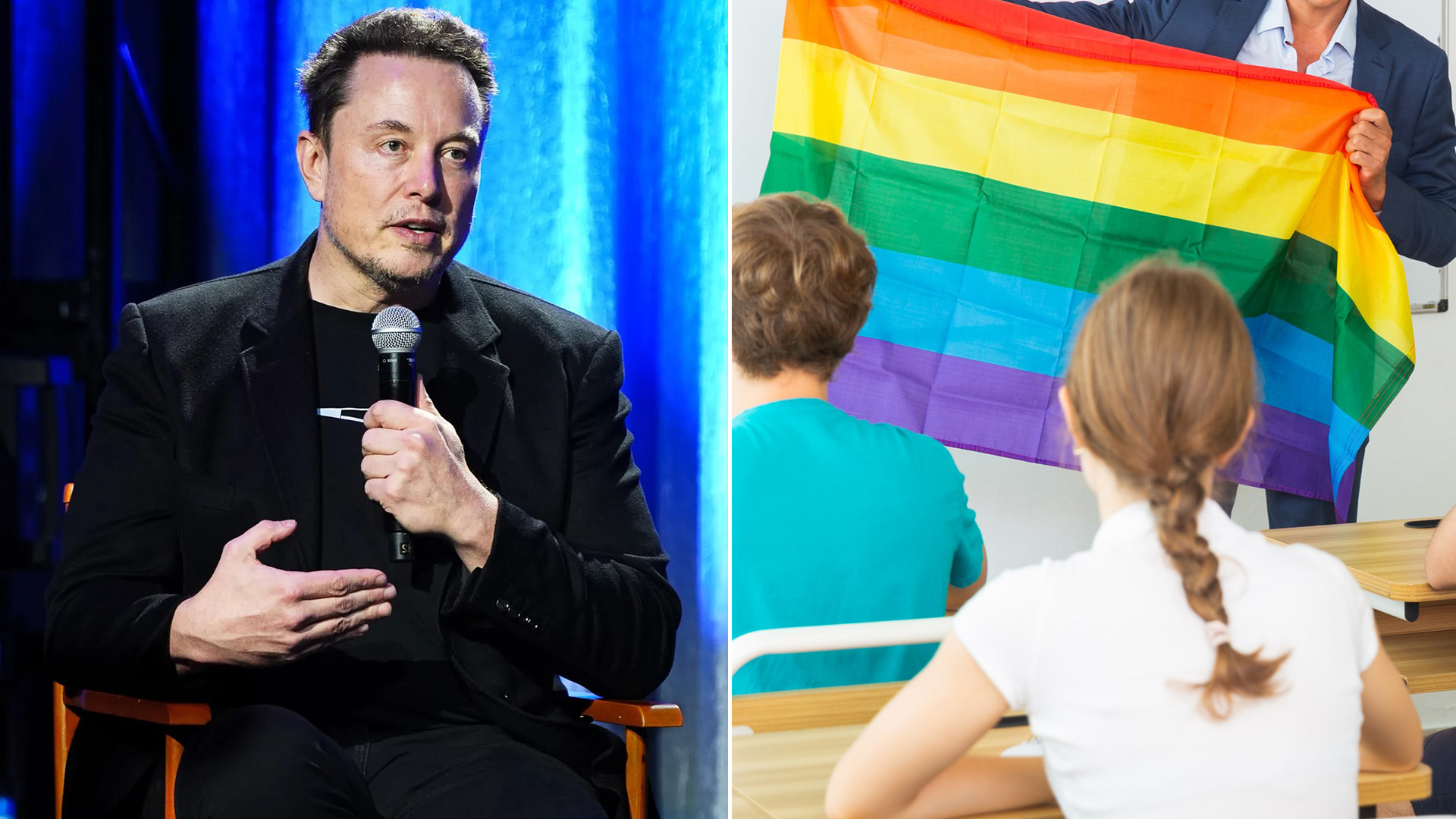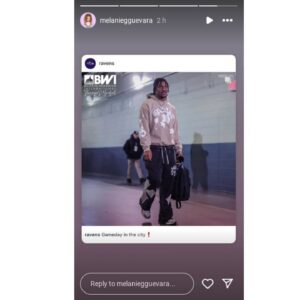Elon Musk, CEO of X (formerly Twitter) and Tesla, stirred controversy when he publicly called for a permanent ban on Pride flags in classrooms, igniting intense debate across social and political circles. Musk, known for his outspoken opinions on a variety of issues, voiced this stance in a series of posts, stating that schools should be “neutral ground” free of political and ideological symbols. His comments were met with a wave of both support and condemnation, reflecting the deep cultural divide over LGBTQ+ rights and representation in education.

Critics of Musk’s stance argue that Pride flags are not merely political symbols but represent inclusion and support for LGBTQ+ students, many of whom face marginalization or bullying in educational settings. By banning such symbols, opponents claim, schools would be erasing important markers of diversity and acceptance. Musk’s suggestion, they argue, could further alienate students who already feel isolated.
Supporters, however, see the issue differently. They argue that classrooms should be free from any form of political expression, regardless of its intent. For them, the Pride flag represents one side of a broader cultural debate, and its presence could make students who do not agree with LGBTQ+ ideologies feel uncomfortable or marginalized. They support Musk’s view that schools should focus solely on academics rather than engaging in cultural or social debates.
Musk’s stance is part of a broader trend in the U.S. where debates over LGBTQ+ representation in schools, from Pride flags to discussions of gender and sexuality, have become highly politicized. In recent years, several states have introduced legislation restricting discussions of LGBTQ+ topics in classrooms, often under the banner of “parental rights” or “protecting children.” Proponents of these laws argue that parents should have more control over what their children are exposed to in school, while opponents view them as thinly veiled attempts to roll back hard-won rights for LGBTQ+ individuals.
The Tesla CEO’s remarks also come at a time when the relationship between corporate America and social issues is under increasing scrutiny. While many companies have embraced social causes, including LGBTQ+ rights, Musk has often taken a contrarian approach. His recent call to ban Pride flags aligns with his growing critiques of what he sees as corporate “wokeness” and overreach into social justice issues.
In his social media posts, Musk emphasized that his position is not about targeting any specific group but about maintaining an environment where students can learn without the distraction of ideological symbols. He suggested that the presence of such symbols can be divisive, encouraging a “us versus them” mentality rather than fostering unity. His comments reflect a broader concern among some segments of the population that schools are becoming battlegrounds for cultural issues rather than places focused on education.
However, many LGBTQ+ advocacy groups were quick to push back on Musk’s statements. They argue that visibility and representation in schools are critical for the well-being of LGBTQ+ students. According to research, LGBTQ+ youth who feel represented and supported in school environments are less likely to experience depression, anxiety, or suicidal thoughts. Advocates worry that banning Pride flags could send a harmful message to these students, implying that their identities are not welcome or accepted in educational spaces.
The debate also touches on the broader issue of free speech and expression. While Musk advocates for keeping classrooms neutral, opponents of his stance argue that banning certain symbols constitutes a form of censorship. In their view, allowing the display of Pride flags is a form of free expression that aligns with the values of inclusivity and acceptance. They worry that banning such symbols could set a dangerous precedent, leading to the exclusion of other forms of representation, such as Black Lives Matter flags or symbols representing religious tolerance.
This isn’t the first time Musk has waded into contentious social issues. His use of Twitter (now X) to share his views has often sparked backlash, from his opinions on gender identity to his critiques of COVID-19 measures. While his supporters applaud his willingness to speak candidly, even when it’s unpopular, his detractors argue that his comments often serve to inflame cultural divisions rather than bridge them.
As with many of Musk’s pronouncements, it remains to be seen whether his call to ban Pride flags in classrooms will lead to any real policy changes. However, his words are likely to continue fueling the broader cultural conversation about the role of schools in navigating social and political debates. The tension between fostering an inclusive environment and maintaining neutrality in education is one that has no easy answers, and Musk’s comments are sure to keep this issue in the spotlight for the foreseeable future.
In the end, the question may come down to who gets to decide what values and symbols belong in the classroom. Should schools reflect the diverse and sometimes controversial identities of their students, or should they remain strictly academic institutions, free from the influence of cultural movements? Musk’s call to ban Pride flags forces us to grapple with these difficult questions, and the debate over the role of symbols like the Pride flag in education is likely far from over.
NOTE: This Is Satire, It’s Not True





Lamar Jackson’s Bold Move: Apologizes to Ravens Coach Ahead of Time, Plans to Sneak Out to Watch Beyoncé During Halftime Against the Texans!
As fans around the world look forward to Beyoncé’s performance during the halftime of the Christmas Day game between the Baltimore Ravens and the Houston Texans, Lamar Jackson, the Ravens’ quarterback, is also eager to catch the show. Despite being in …
Read more